Reading proficiency Alphabet Worksheets for Ages 4-8
7 filtered results
-
From - To
Enhance your child's reading skills with our engaging Alphabet Worksheets designed for ages 4-8! Our printable resources are specifically tailored to foster reading proficiency through fun and interactive activities. Each worksheet focuses on letter recognition, phonics, and early vocabulary development, making learning enjoyable and effective. Your child will build a strong foundation in literacy with colorful illustrations and age-appropriate exercises. Perfect for homeschooling or classroom use, these worksheets empower young learners to confidently explore the world of reading. Unlock your child's potential and set them on the path to success with our expertly designed alphabet worksheets today!
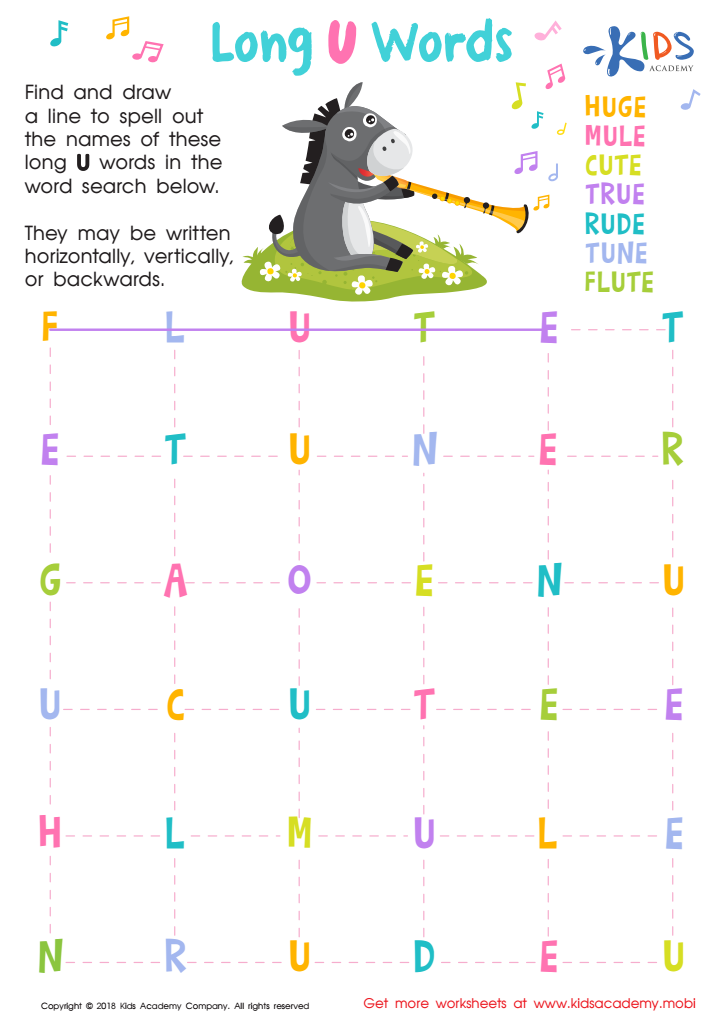

Long /u/ Words Worksheet
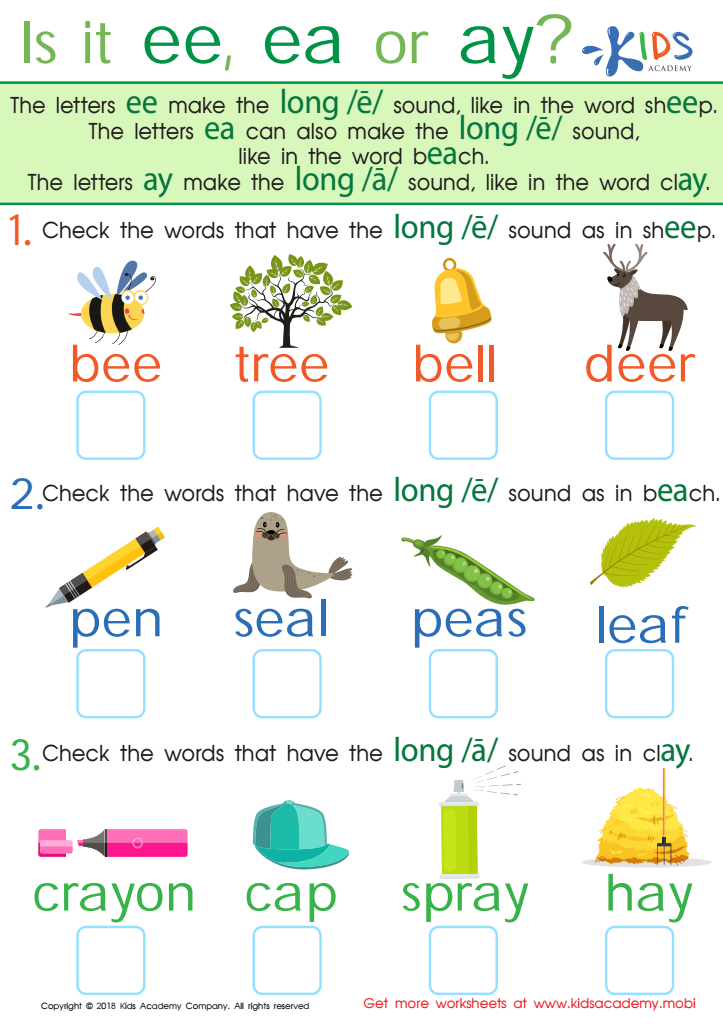

Is It EE, EA, or AY? Worksheet
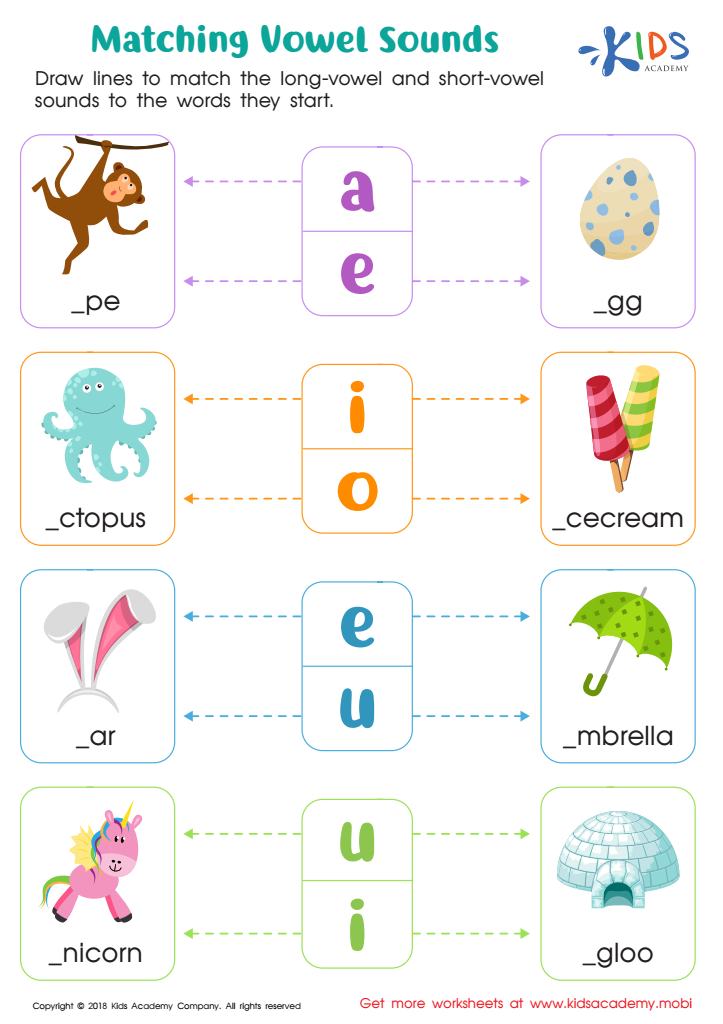

Matching Vowel Sounds Worksheet


Long and Short U Worksheet
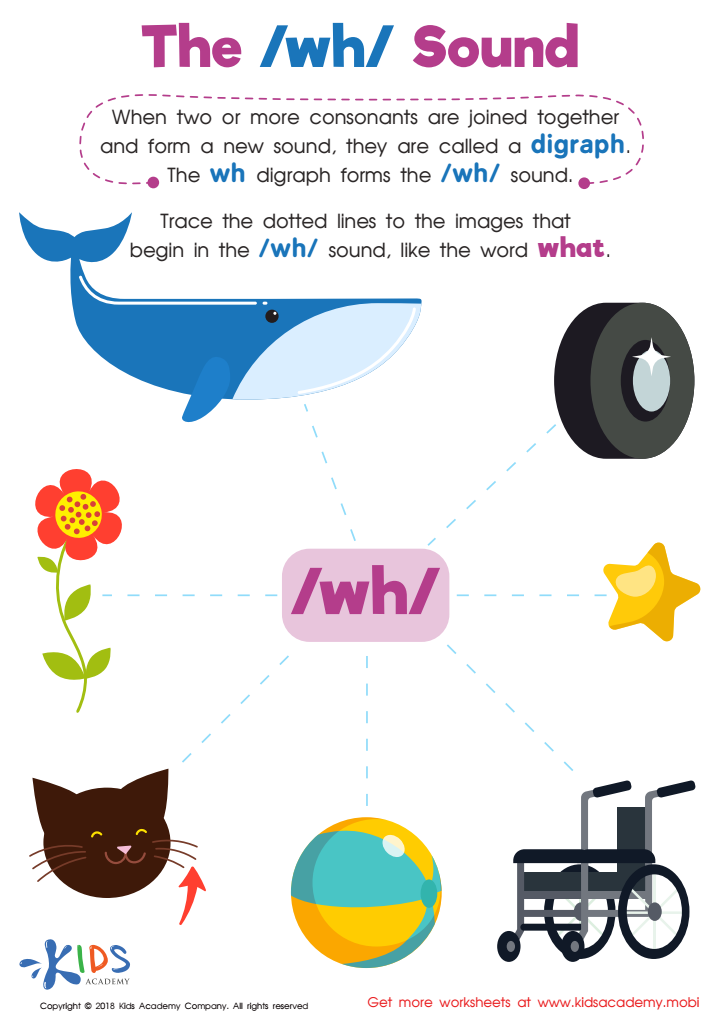

The /wh/ Sound Worksheet
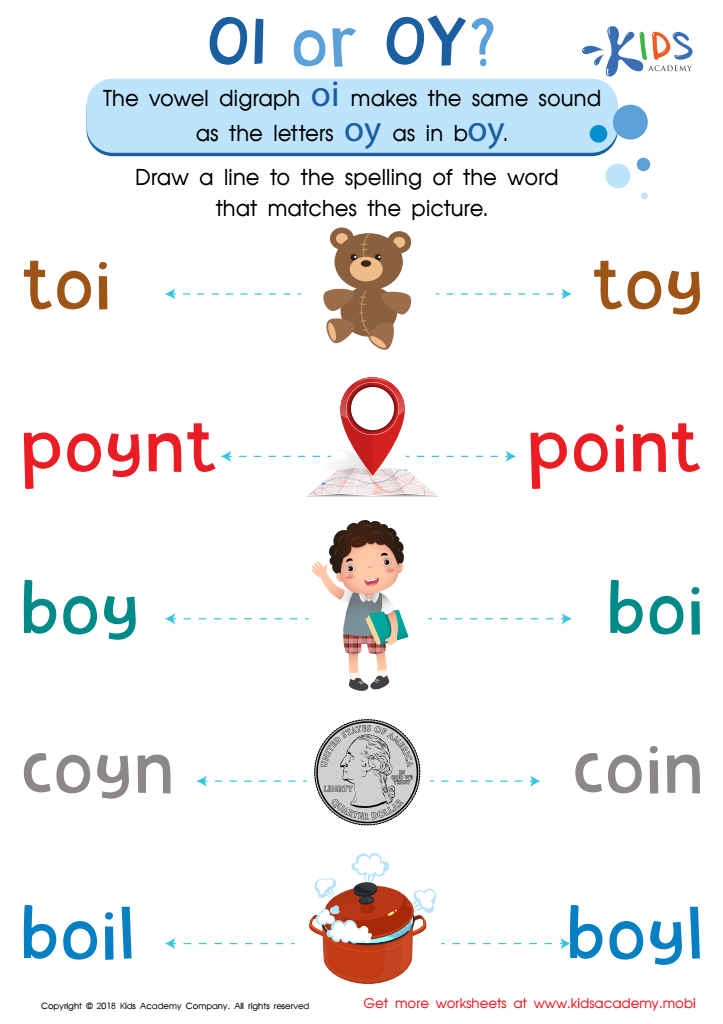

Reading: OI and OY Worksheet
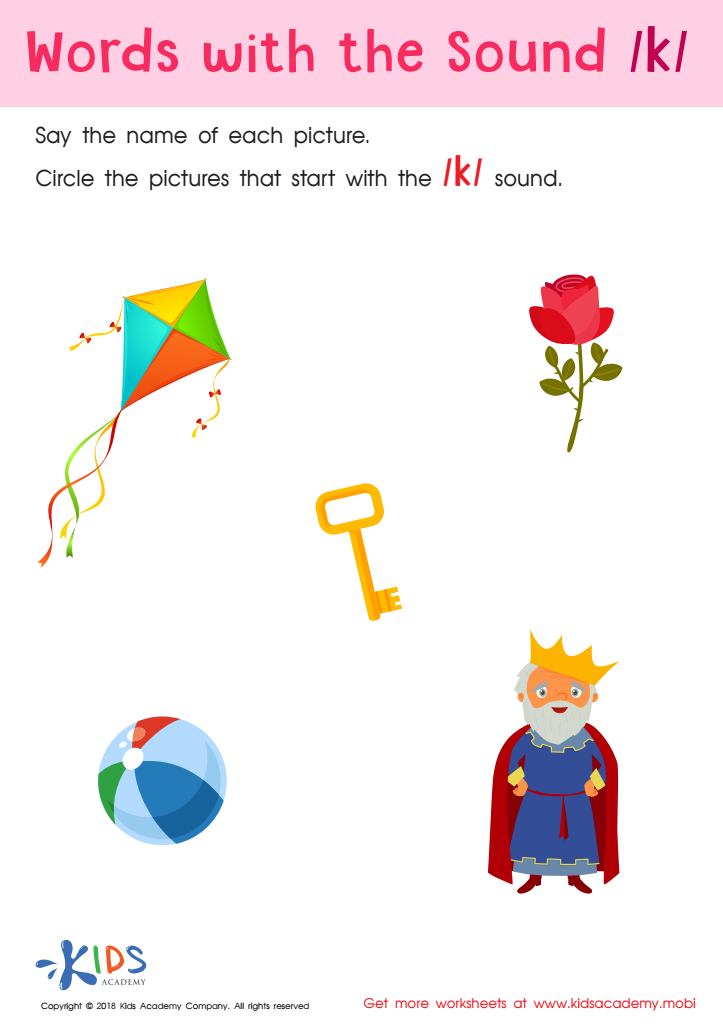

Words with sound k Reading Worksheet
Reading proficiency in young children, particularly those aged 4 to 8, is crucial for their development and future academic success. During this formative stage, children are introduced to the alphabet, which serves as the foundation for literacy. By mastering the alphabet, children begin to understand the relationship between letters and sounds, essential for decoding words and developing their reading skills.
Parents and teachers play a vital role in nurturing this foundational literacy. When children have a solid grasp of the alphabet, they demonstrate improved vocabulary, comprehension, and critical thinking abilities. These skills not only enhance reading fluency but also impact overall academic performance, influencing subjects like math and science, which often require reading comprehension.
Fostering reading proficiency promotes cognitive development and engagement with learning. It cultivates a lifelong love for reading and enhances communication skills, empowering children to express themselves and interact effectively with others. Additionally, proficient reading at a young age diminishes the risk of future learning difficulties and boosts self-confidence.
In sum, promoting reading proficiency with the alphabet equips children with essential skills and opens doors to educational opportunities, making it imperative for parents and teachers to actively participate in this critical aspect of early childhood education.
 Assign to My Students
Assign to My Students





















